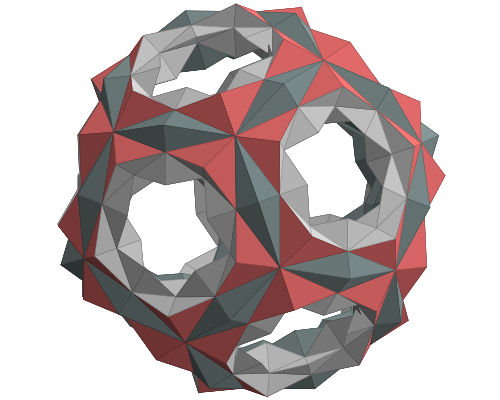
John Kalantari, Ph.D.
Mayo Clinic - Biomedical Artificial General Intelligence Lab (BAGIL) >

Mayo Clinic - Biomedical Artificial General Intelligence Lab (BAGIL) >
 Pop-Up Restaurant for Inverse Reinforcement Learning
Pop-Up Restaurant for Inverse Reinforcement Learning
 Simplicial Grammar
Simplicial Grammar
Simplicial Grammar (SG) is a novel computational abstraction that extends traditional grammars used in automata theory and linguistics. An SG is a Bayesian nonparametric modeling formalism that describes complex pattern classes and the process of their formation as a topological computation. This formalism is used to describe the explicit, hierarchical, and multi-dimensional structure of patterns inherent in sequence data.
 SYNACX
SYNACX
SYNACX is an unsupervised learning algorithm that extracts high-level, complex abstractions from time-series data through a hierarchical learning process.
 Cellular Event Prediction (CEP)
Cellular Event Prediction (CEP)
CEP is a software package for modeling and analyzing cellular morphology data. It consists of a fast, parallelized Java library (which you can easily integrate into your own project), an R package providing a high-level interface to the library, and an easy-to-use web interface for interactive analysis and plotting.
CEP offers incremental modeling and visualization, Markov-Chain Monte Carlo and uncertainty estimation, cross-validation.